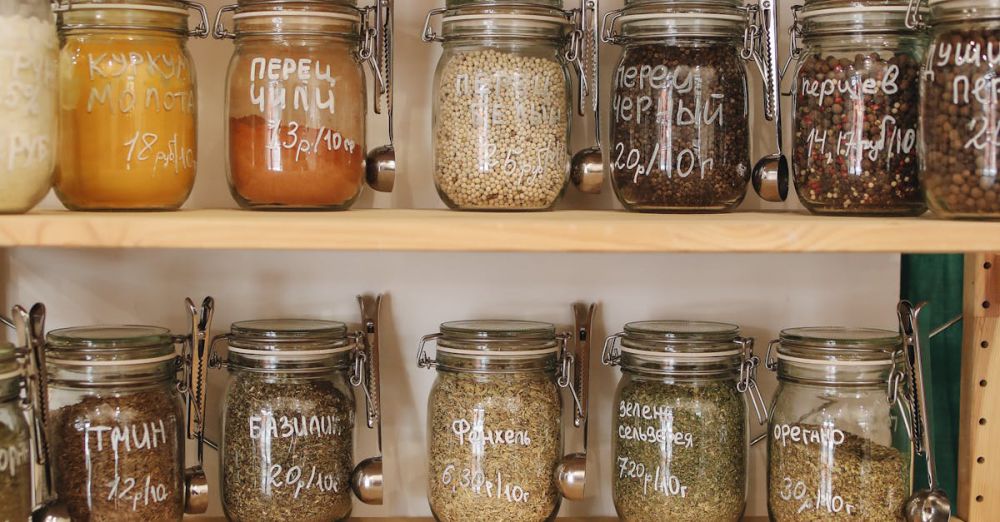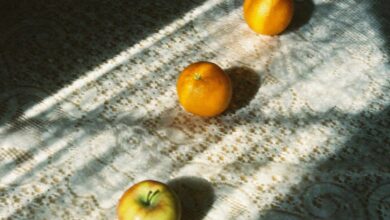What Are the Best Zero-waste Food Storage Solutions
In today’s eco-conscious world, the movement toward zero waste has gained tremendous traction. One area where individuals can make a significant impact is food storage. The choices we make about how to store our food can help reduce plastic waste and promote sustainability. By opting for zero-waste food storage solutions, not only do we contribute to a healthier planet, but we also enhance our kitchens’ functionality and aesthetics. Here are some of the best options to consider.
Glass Containers
Glass containers are a staple in zero-waste kitchens. Their durability and versatility make them an excellent choice for storing everything from leftovers to bulk grains. Unlike plastic, glass does not leach chemicals into food and is recyclable. Most glass containers come with airtight lids, ensuring your food stays fresh longer. Moreover, they are microwave and dishwasher safe, making cleanup a breeze. For added convenience, consider investing in a variety of sizes to accommodate different types of food.
Beeswax Wraps
Beeswax wraps are a fantastic alternative to plastic wrap. Made from organic cotton infused with beeswax, jojoba oil, and tree resin, these wraps are moldable and can be used to cover bowls, wrap sandwiches, or store fruits and vegetables. They are reusable and can last for about a year with proper care, making them an eco-friendly option. Simply wash them with cold water and mild soap, and they’re ready for the next use.
Silicone Bags
Silicone bags are another innovative zero-waste solution. These reusable bags can be used for marinating, storing food in the fridge, or even freezing leftovers. Unlike plastic bags, silicone bags are free from harmful chemicals, making them safe for both food and the environment. They are dishwasher and microwave safe, providing versatility in their application. Their flexibility allows for easy storage, as they can be flattened when not in use.
Mason Jars
Mason jars are not only functional but also aesthetically pleasing. They can be used for everything from dry storage of spices and grains to holding leftovers in the fridge. The airtight seal keeps food fresh while the glass construction allows for easy visibility. Plus, mason jars can be repurposed for home canning or as decorative containers for pantry items. Their versatility makes them a favorite among zero-waste enthusiasts.
Cloth Produce Bags
Transitioning away from plastic produce bags is a vital step in reducing waste. Cloth produce bags are a smart and sustainable alternative that can be used for shopping at farmers’ markets or grocery stores. Made from breathable materials like cotton or linen, these bags keep fruits and vegetables fresh while minimizing plastic consumption. Many retailers now offer bulk bins, allowing you to bring your cloth bags and purchase items without the need for additional packaging.
Compostable Food Storage
For those who don’t want to invest in reusable containers, compostable food storage options are available. These products, often made from materials like plant starch or sugarcane, break down naturally in composting systems. While they are typically designed for single-use, they offer a transition solution for those just beginning their zero-waste journey. Be sure to check if your local composting facility can process these materials.
Wrap-Up on Sustainable Practices
Adopting zero-waste food storage solutions is a rewarding endeavor that benefits both the environment and your lifestyle. By incorporating glass containers, beeswax wraps, silicone bags, mason jars, cloth produce bags, and compostable options into your kitchen routine, you can significantly reduce your reliance on single-use plastics. Embracing these alternatives not only enhances the quality of your food storage but also sends a powerful message about the importance of sustainability. As the demand for eco-friendly products grows, so does the array of innovative solutions available, making it easier than ever to minimize waste and promote a healthier planet. Start small, and gradually incorporate these options into your routine, and soon you’ll see the positive impact of your efforts.







